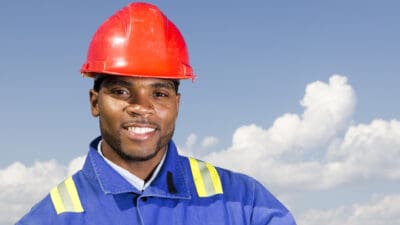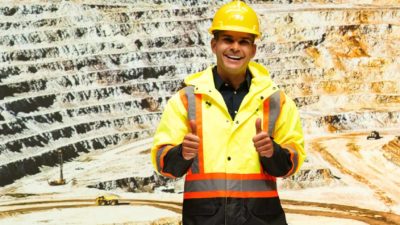Analysts from Commonwealth Bank of Australia (ASX: CBA) believe that the iron ore price is going to keep falling.
There are a number of different opinions out there, but this one comes from Vivek Dhar, an analyst for mining and energy commodities at CBA.
Despite the fact that the iron ore price has roughly halved over the last five months, the call is that iron ore could fall more than 25% to US$85 per tonne by the end of next year, according to reporting by the Australian Financial Review.
The main reason for that negative outlook is because of China's efforts to reduce its emissions by cutting how much steel is being produced.
Mr Dhar reportedly wrote:
These steel output cuts, driven by emission reduction goals, aim to cap China's steel output in 2021 at 2020 levels.
China's steel output is crucial to iron ore prices because China accounts for 70 per cent ‑ 75 per cent of the world's iron ore imports.
What do the big ASX 200 miners think about the iron ore price?
There are a few very large S&P/ASX 200 Index (ASX: XJO) miners on the ASX such as BHP Group Ltd (ASX: BHP), Rio Tinto Limited (ASX: RIO) and Fortescue Metals Group Limited (ASX: FMG).
The resources giant BHP released some thoughts on the iron ore price when it reported its FY21 result.
It noted that the iron ore prices have been elevated since the Brazil dam disaster that disrupted the iron ore market in early 2019. The miner said that conditions have been "particularly tight" since the second half of the 2020 calendar year, with a new record for the iron ore price. Lower iron ore production from some other major iron ore producers contributed to this.
However, BHP said:
Medium term, China's demand for iron ore is expected to be lower than it is today [on 17 August 2021] as crude steel production plateaus and the scrap-to-steel ratio rises. In the long-term, prices are expected to be determined by high cost production, on a value-in-use adjusted basis, from Australia or Brazil. Quality differentiation is expected to remain a factor in determining iron ore prices.
However, BHP did say that it's positive about the outlook for long-term global economic growth and commodity demand. Population growth, the infrastructure of decarbonisation and rising living standards are all expected to drive demand for energy, metals and fertilisers for decades to come.









